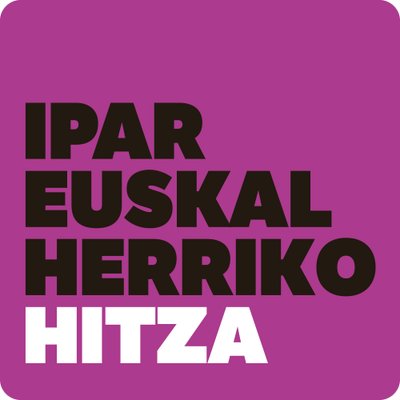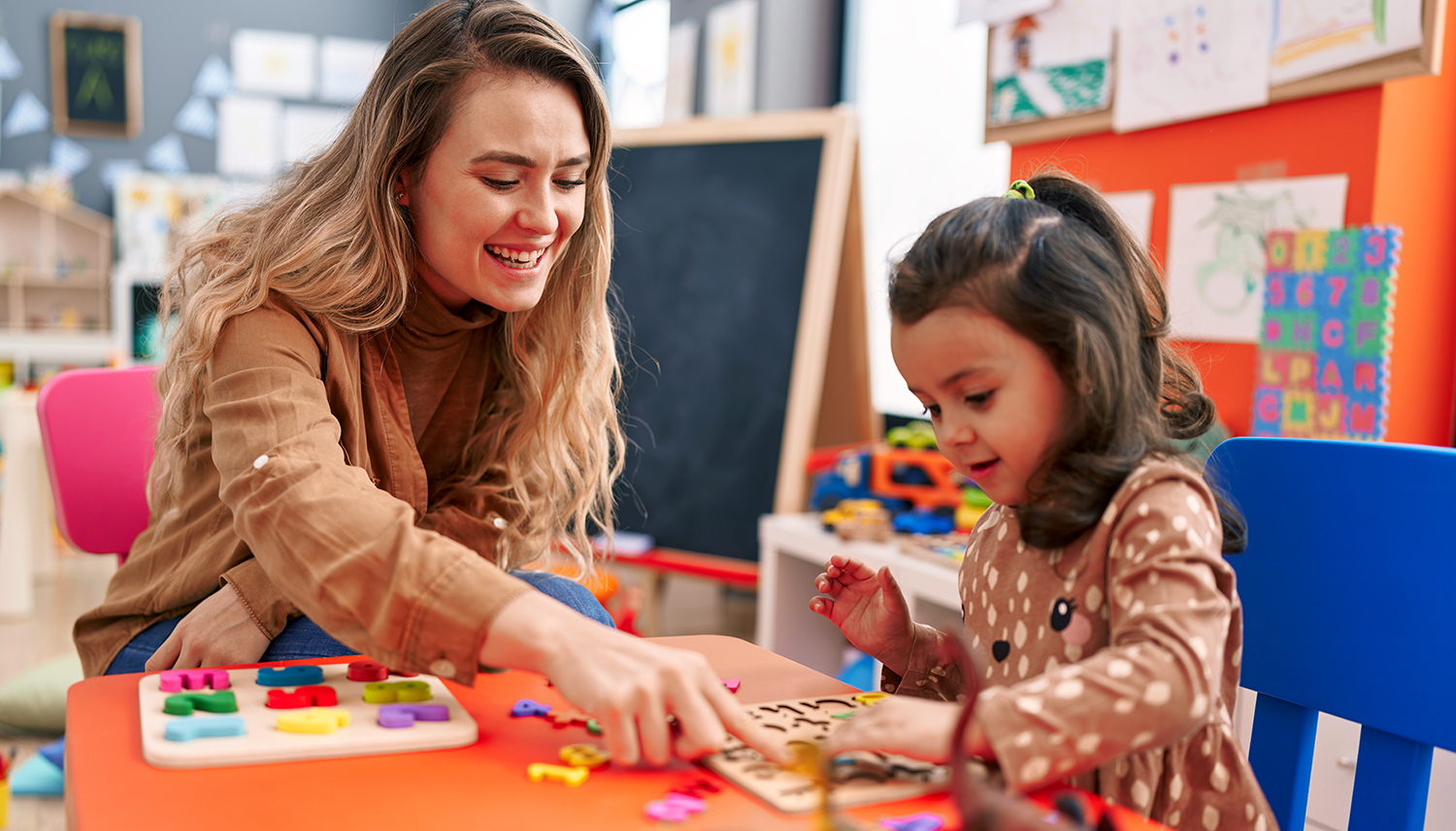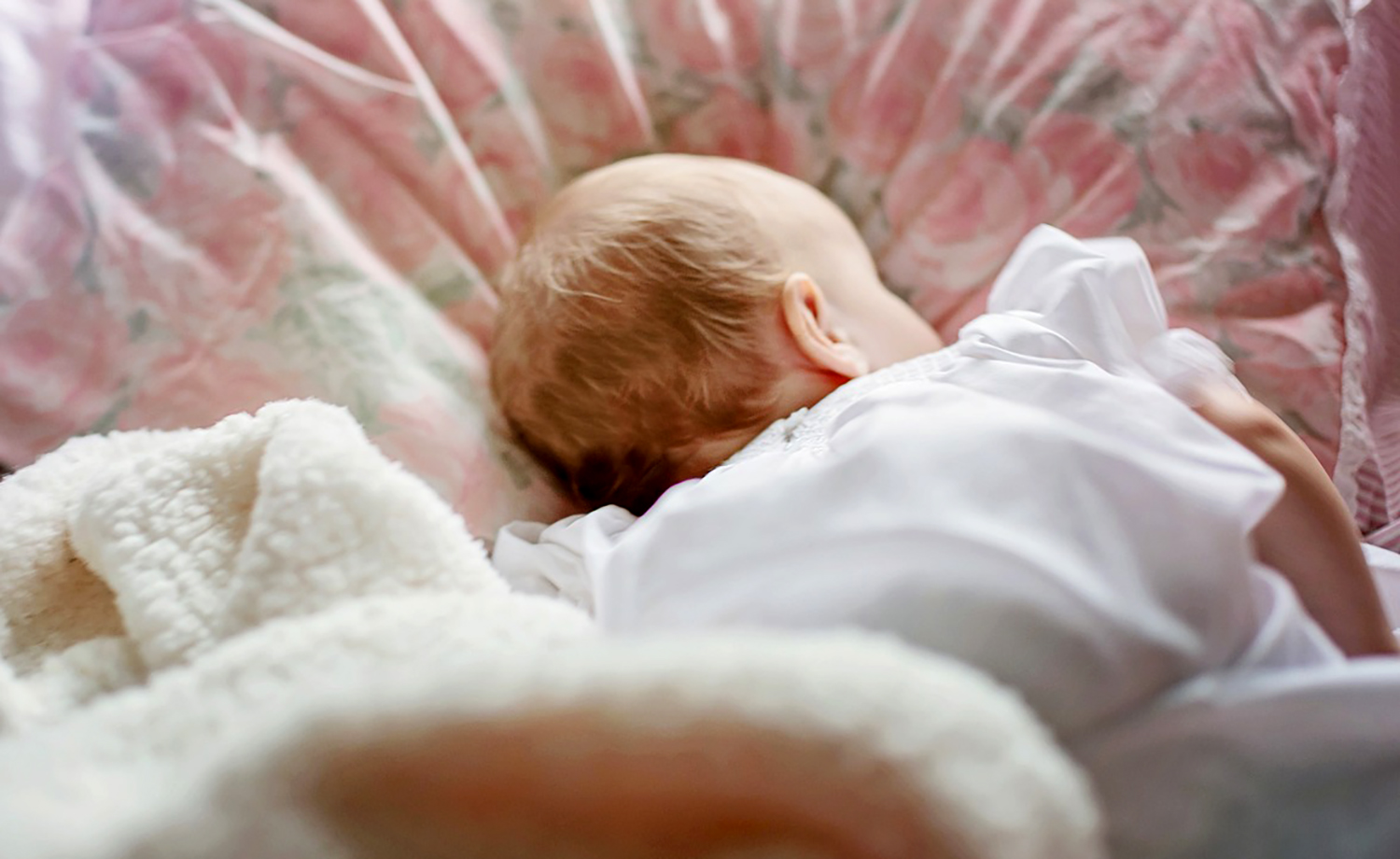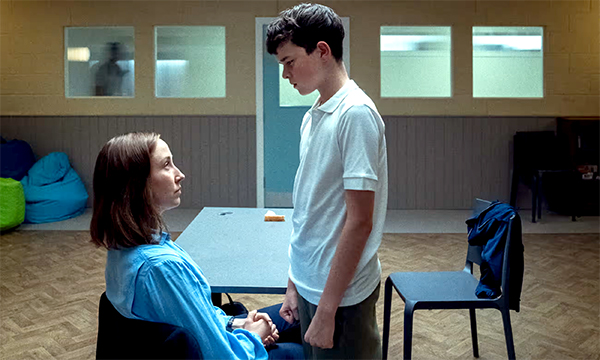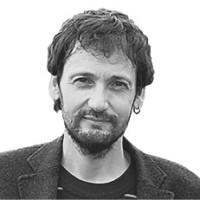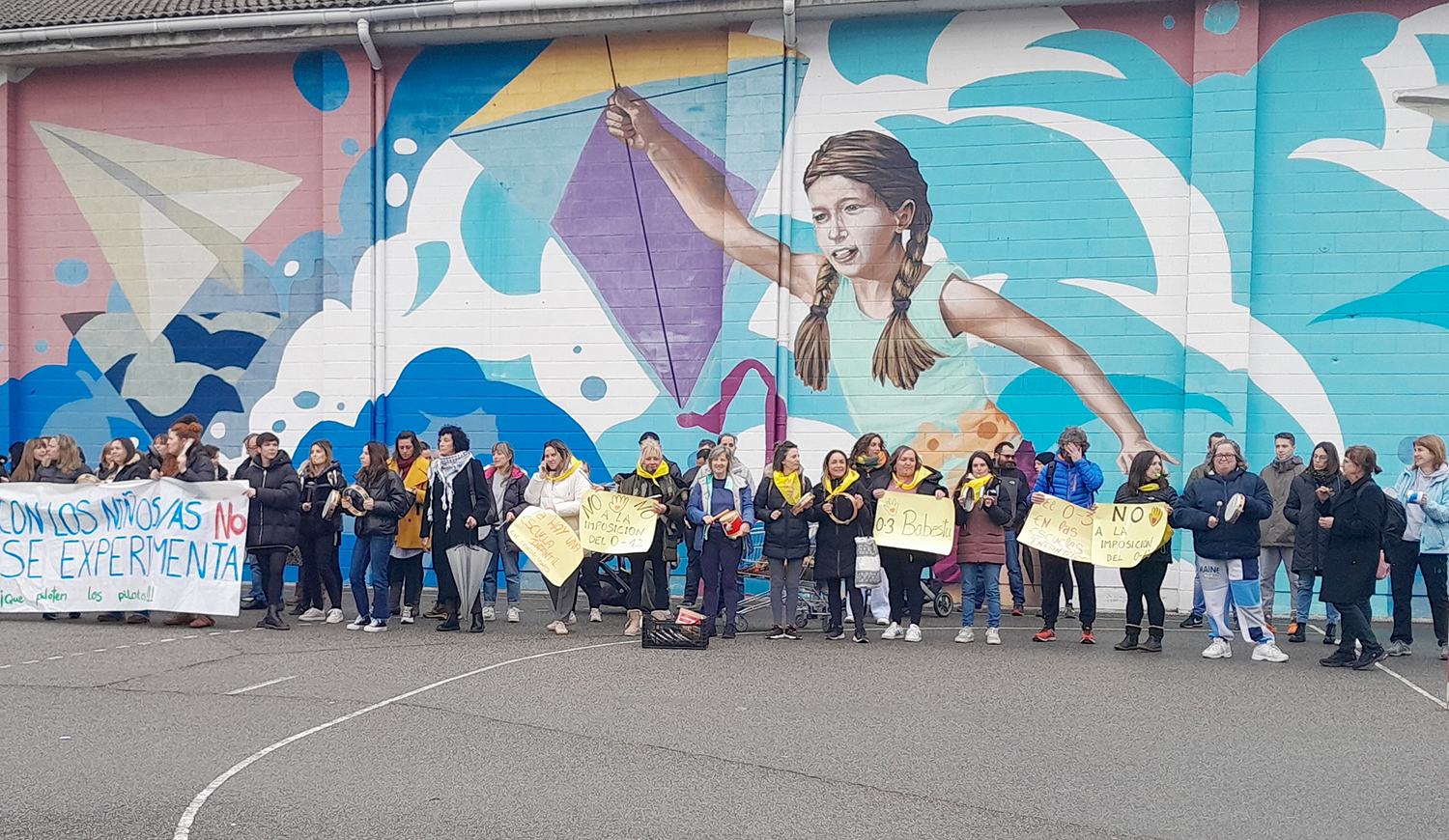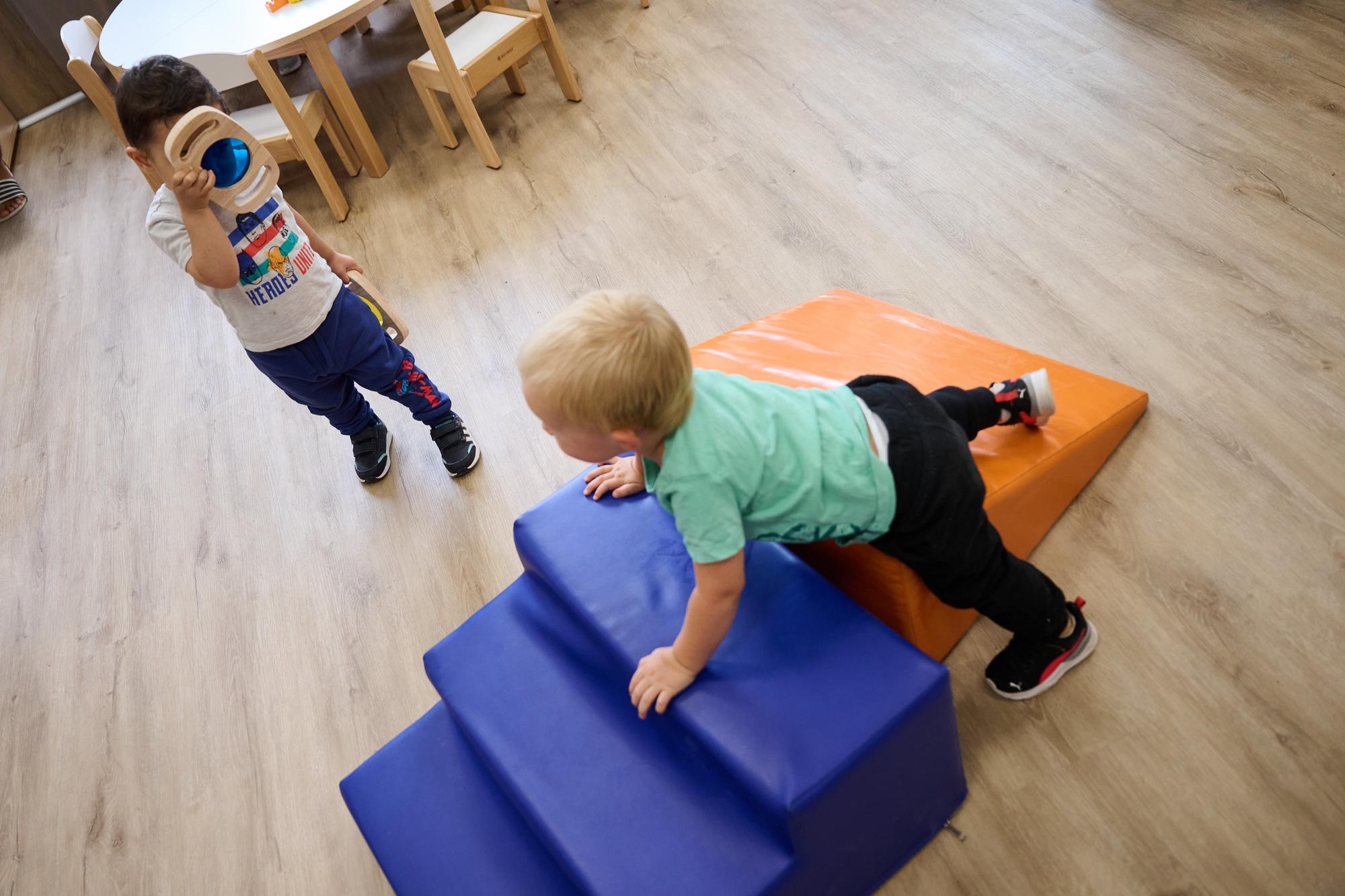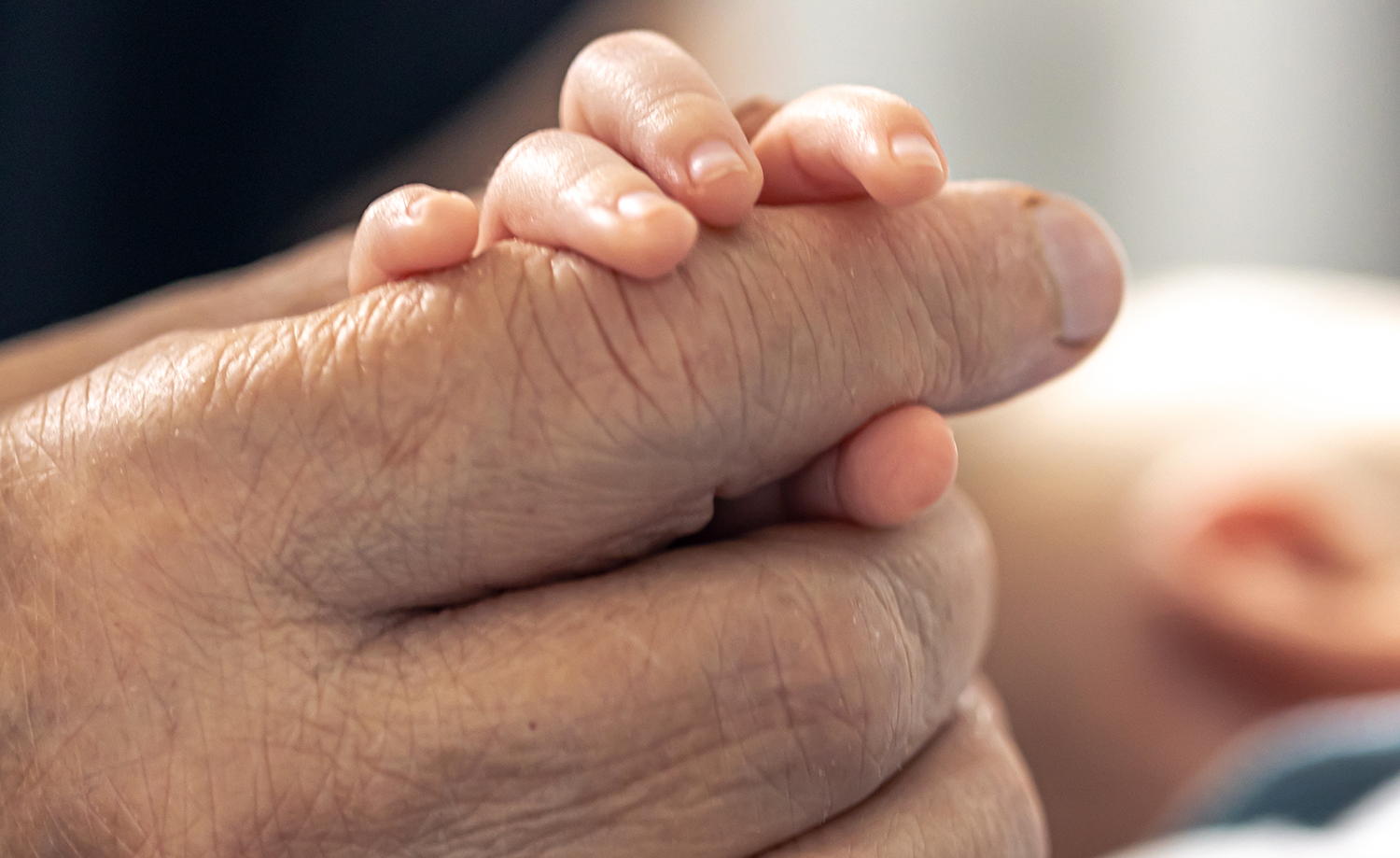"Kids don't need toys to play."
- On Thursday the project ‘10 days leaving screens’ was carried out. He has started the race and has had more participants than ever: 5,710 children and youth, 51 educational structures in Iparralde, Bearn, Arieg, Alsace.

Eneko Jorajuria (Senpere, 1977) is a senior lecturer in Urruña and Ziburu, with children who have difficulty learning Euskera. The initiative was launched for the first time in Urruña and a coordination mechanism has been put in place since then to leave the screens for 10 days. Experimentation started in 2017 in Ipar Euskal Herria, and since then it has made children, who have also spread beyond the territory.
How did Quebec Professor Jacques Brodeur learn of those days without a screen?
I was first told by a colleague who worked in the city of Le Mans. The project did it there as a director, and we found it interesting to do it at school. Not especially because we saw the damage of the screens in our school more than on other occasions, but, in general, there was talk of the increase in the time that passes in front of the screen, as it could be in the lives of the children, in the coexistence; some even a little sleep. The concept of challenge was very interesting to us: to do something between all and all — mockery, teachers and children. That is what makes it move, to do it in solidarity.
So, was the use of screens already passionate about you at school?
It was a subject that came quite often in our discussions. Not only screens, but also marketing; games that come from outside school, like Pokemon. They're made to be sold as they can.
We also had the conversation about the evolution of the issues that can be seen on television, what the kids were talking about in the play spaces. With this telereality, the broadcasts they saw were getting worse and worse: Les Ch’tis, Les Marseillais or Cyril Hanouna, for example. Hanouna uses many truffles or insults; in his performances, one of his objectives is to mock, humiliate the other, something that has become commonplace.
Even in the imagination of the children, in the drawings or in the stories they invented, we had already warned that they used these products a lot to buy.
On the other hand, the objective is to work on the impact of the screens on physical and mental health, coexistence and the environment.
Yes. Unless it is a principle or basis for its elaboration. In the end, this challenge does the opposite of screens. We invented together the activities that we can live. Kids have a lot of ideas. At first they find it difficult to discard screens, but when they propose to participate in the organization of activities, or asking what they would like to do in a time without a screen, they have many ideas: they want to do sport, they want to try new things, they want to walk through nature, they want to do excursions, they want to get in touch with animals. There's an education that's done there. Complementarily: the taste for sport, for cycling or on the mountain. Living together: developing everything you can live with others, spending more time with parents, with brothers and sisters, with fathers and mothers, with fathers and mothers.
Have you seen the conclusions?
Improvements may not be followed, although many say that in ten days there are improvements. Large families say the environment has improved, teachers say they have more concentration capacity in these ten days. We don't have scientific data to measure, but there's an educational principle to see the world differently.
It is a solidarity between professors, professionals from the complement world, school, comrades, associations, among all. Speed up our network a little bit. Information education is also at stake in this century for young people to know and control technology, without technologies controlling it. They should be educated about the techniques that are used in the liver of screens so as not to depend on them.
They also stress the importance of free games, the insanity for the child.
They often sell children as a positive point of technology to develop creativity with technology, but we know that in childhood, free play is important, also boredom. Many psychologists say that the child needs to emote, manipulate, rehearse, and thus creates his imagination, his creativity, through experimentation. Screens are increasingly stealing this time from children and can cause problems in their development. At the logical level, they have difficulties in understanding the reasons for things, they do not easily connect cause and consequence.
Boys and girls say they get bored and we give them more like pillows to do things; it's easy to turn on a screen, we buy them thousands of games and, in the end, that time for them they don't have more time to think, to invent. Children don't need toys to play.
You want the project to be collective, and not an issue among children.
Fifteen years ago, the methodology has been improving. At first, competitions were invented for kids to earn as many points as they could, but in the end they realized they did. So we had to change, and it was a big breakthrough to bring together points and make the challenge together. Jacques Brodeur compares the challenge with a high-level collective party. We prepare together, our opponents are professional, it will be difficult, but if we work together and support each other we can win.
This works well and large shares are obtained. 85 per cent of boys and girls participate.
This year there have been more participants than ever before. What has the success done?
More and more people come up with an important reflection on the distance from screens. That's what makes the success of the challenge. Screens are everywhere, you see that we have a dependency and that we have a hard time getting away from it. They help us a lot in everyday life, to work, to manage life. The challenge is not to think about living without a screen, but to see better the good limit; when we are dominated by technology. This border is not at all clear. We don't know if we're really working or if we're really leisure. All this is what we need to discuss, to deepen our reflection.
This news was published by Ipar Euskal Herriko Hitza. We brought it to the Basque Country thanks to the CC-BY-SA licence.
Is it important to use a language correctly? To what extent is it so necessary to master grammar or to have a broad vocabulary? I’ve always heard the importance of language, but after thinking about it, I came to a conclusion. Thinking often involves this; reaching some... [+]
Haurtzaroaren amaiera eleberri distopikoa idatzi zuen Arthur Clarkek, 1953. urtean: jolasteari utzi dion gizarte baten deskribapena. Eta ez al da bereziki haurtzaroa jolasteko garaia? Jolasteko, harritzeko, ikusmiratzeko eta galdera biziak egiteko unea. Ulertzeko tartea zabalik... [+]
Eskolaz kanpoko jardueren eskaintza zabala egiten duten ikastetxeen aldean, beste askok ez du horretarako aukerarik; eta eskola bereko ikasleen artean ere, denek ezin dute ekintzetan parte hartu, baliabide ekonomikoek baldintzatuta. Esku hartzeko dei egin diete instituzioei:... [+]
Haurreskolara beharrean, 0-3 urte bitarteko umea zuzenean ikastetxera bidaltzea, Haur eta Lehen Hezkuntza osoa (12 urtera arte) hartzen dituen zentro berera. Hori da Nafarroako Hezkuntza Sailak Burlatako Hilarion Eslava ikastetxean martxan jarriko duen proiektu pilotua eta... [+]
Iruñeko haur eskoletako zuzendariek, EH Bildu, Geroa Bai, Zurekin Nafarroa eta PSNren arteko akordioa kritikatu dute. “Murgiltze ereduaren alde egin dugu beti, baina inoiz ez da gure iritzia kontutan hartzen” salatu du Euskalerria Irratian, Garikoitz Torregrosa... [+]
Batez beste, adinez gero eta nagusiago bilakatzen gara ama eta aita, hala diote datuek. Biologiari aurre hartu diote ugalketa teknikek, baina guraso zahar ugariko gizartea izatearen inguruan gogoetatzea falta dela iritzi dionik bada.



